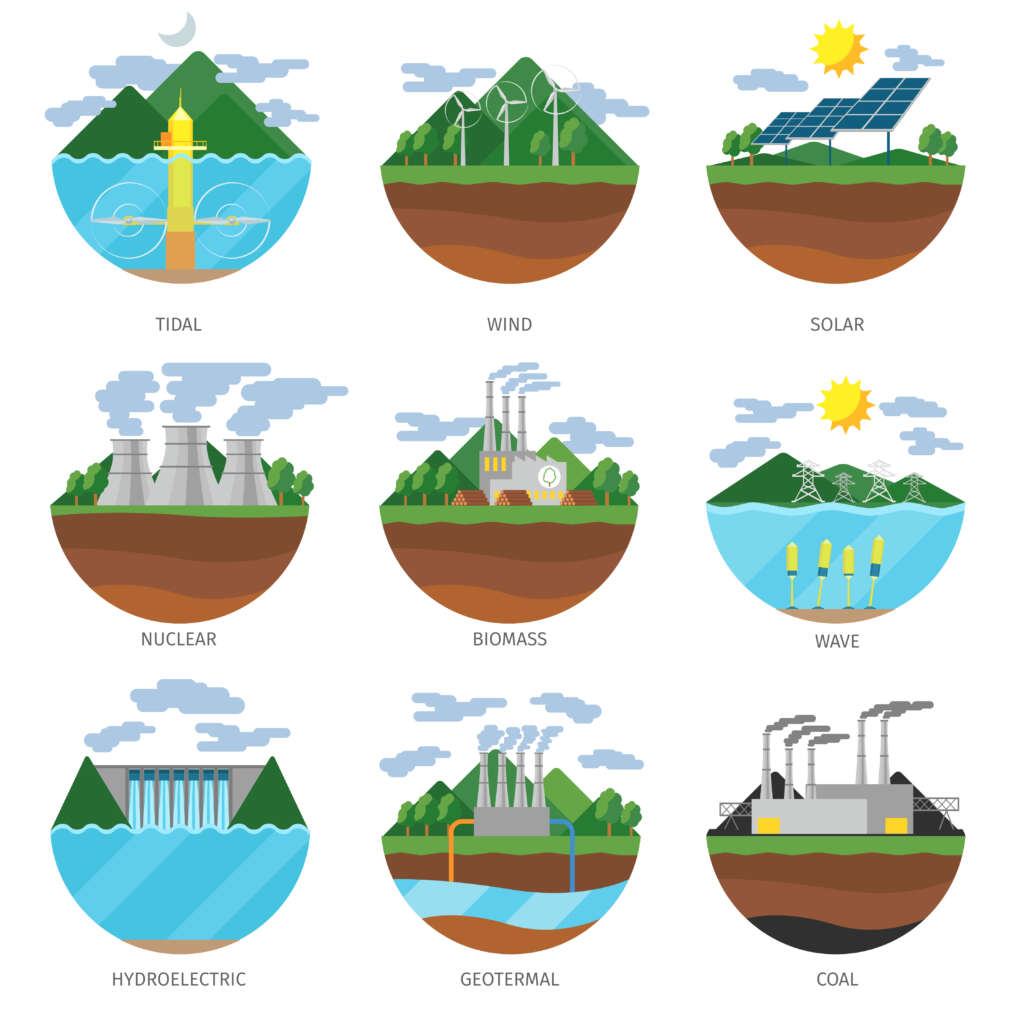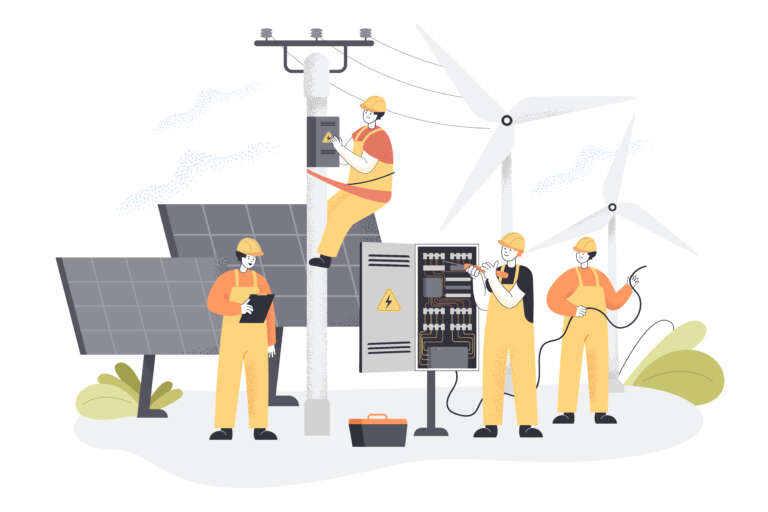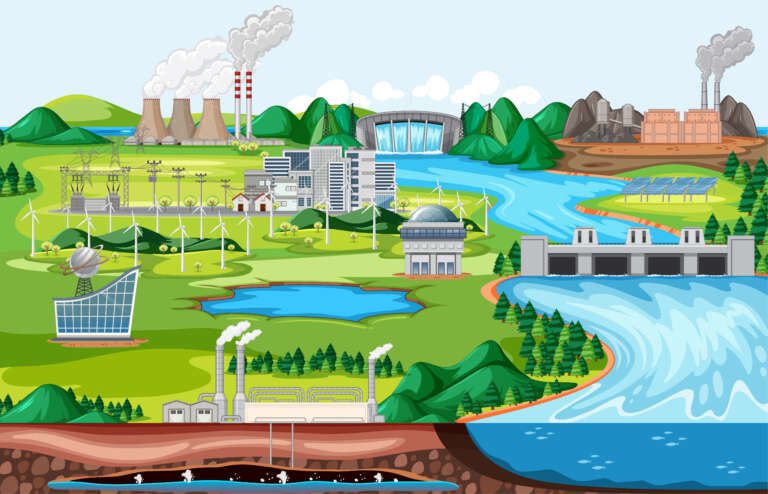As an archipelagic country, Indonesia has great potential in the development of renewable energy. In recent years, both the government and the private sector have made efforts to develop various renewable energy projects as an alternative to reduce dependence on fossil fuels and address climate change. This article will discuss five renewable energy projects successfully implemented in Indonesia and their impact on the environment. In this context, education, such as that offered by the Energy Systems Engineering undergraduate program at Telkom University, plays a crucial role in producing competent human resources in the future energy sector.

Cirata Hydropower Plant – Water Energy for the Future
Location: Purwakarta, West Java
Type: Hydroelectric Power Plant (PLTA)
Cirata Hydropower Plant is one of the largest renewable energy projects in Indonesia that utilizes river flow as an energy source. This project not only provides clean energy to the national power grid but also supports irrigation and fishery activities.
Environmental impact:
- Significantly reduces carbon emissions.
- Maintains the balance of aquatic ecosystems around the dam.
- Enables land use for tourism and fisheries.
Kupang Solar Power Plant (PLTS)
Location: Kupang, East Nusa Tenggara
Type: Solar Power Plant
Kupang Solar Power Plant is a successful example of utilizing solar energy in an area with high radiation levels. With a capacity of 5 MW, this project provides energy to regions previously difficult to reach by the state electricity company network.
Environmental impact:
- Reduces dependence on fuel-based generators.
- Lowers greenhouse gas emissions.
- Provides more environmentally friendly energy access to local communities.
Sidrap Wind Power Plant
Location: Sidenreng Rappang, South Sulawesi
Type: Wind Power Plant
Sidrap Wind Farm is the first wind energy project in Indonesia with a capacity of 75 MW. Large wind turbines generate energy from natural wind speeds in the region.
Environmental impact:
- Reduces the use of fossil fuels.
- Produces no hazardous waste.
- Increases public awareness about the importance of green energy.
Biomass at Cinta Manis Sugar Factory
Location: Ogan Ilir, South Sumatra
Type: Biomass Power Plant
Cinta Manis Sugar Factory utilizes sugarcane waste as fuel for the biomass power plant. This is a real example of applying circular economy principles in the industry.
Environmental impact:
- Reduces organic waste.
- Produces renewable energy.
- Decreases dependence on coal.
Sarulla Geothermal Power Plant
Location: North Tapanuli, North Sumatra
Type: Geothermal Power Plant (PLTP)
Sarulla Geothermal Plant is one of the largest geothermal projects in the world with a capacity of 330 MW. This project utilizes heat from within the earth to continuously supply clean energy to various regions in Sumatra.
Environmental impact:
- Produces very low carbon emissions.
- Reduces dependence on coal.
- Increases the sustainable utilization of local energy.
Tags: Energy Systems Engineering | Bachelor Electrical Engineering
Author: Rasyifa Putri Raidah | Directorate of Information Technology Center



